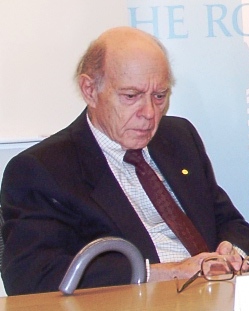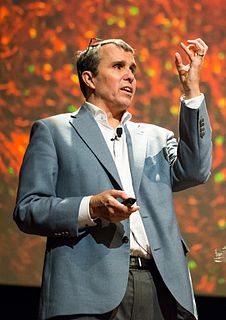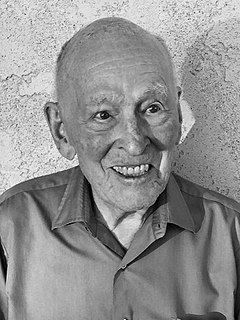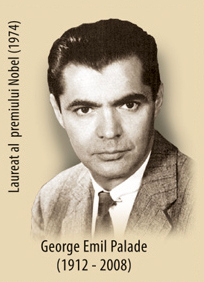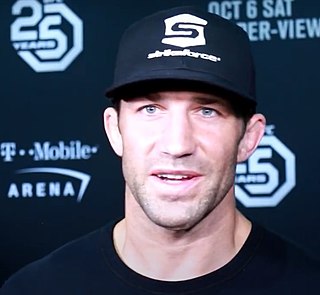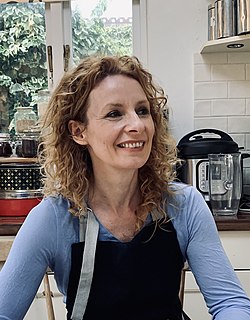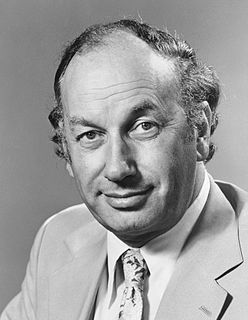A Quote by Irwin Rose
My interest in protein breakdown as a research problem began in l955 at about the time I joined the Biochemistry Department of Yale University. It was known that proteins break down intracellularly in the mature animal.
Related Quotes
I floated around in the department of biochemistry and learned some interesting things, and then I began to... I never wanted to work with a mentor because I always wanted to have my own reputation and be free to do what I wanted to do. So I worked with the weakest people in the department. Don't make that public.
In 1973, I left the Rockefeller University to join the Yale University Medical School. The main reason for the move was my belief that the time had come for fruitful interactions between the new discipline of Cell Biology and the traditional fields of interest of medical schools, namely Pathology and Clinical Medicine.
I believe [the Department of Energy] should be judged not by the money we direct to a particular State or district, company, university or national lab, but by the character of our decisions. The Department of Energy serves the country as a Department of Science, a Department of Innovation, and a Department of Nuclear Security.
The government has departments to deal with the special interest groups that make themselves heard and felt. A Department of Agriculture cares for the farmers' needs. There is a Department of Health, Education and Welfare. There is a Department of the Interior - in which the Indians are included. Is the farmer, the doctor, the Indian, the greatest problem in America today? No - it is the black man! There ought to be a Pentagon-sized Washington department dealing with every segment of the black man's problems.
